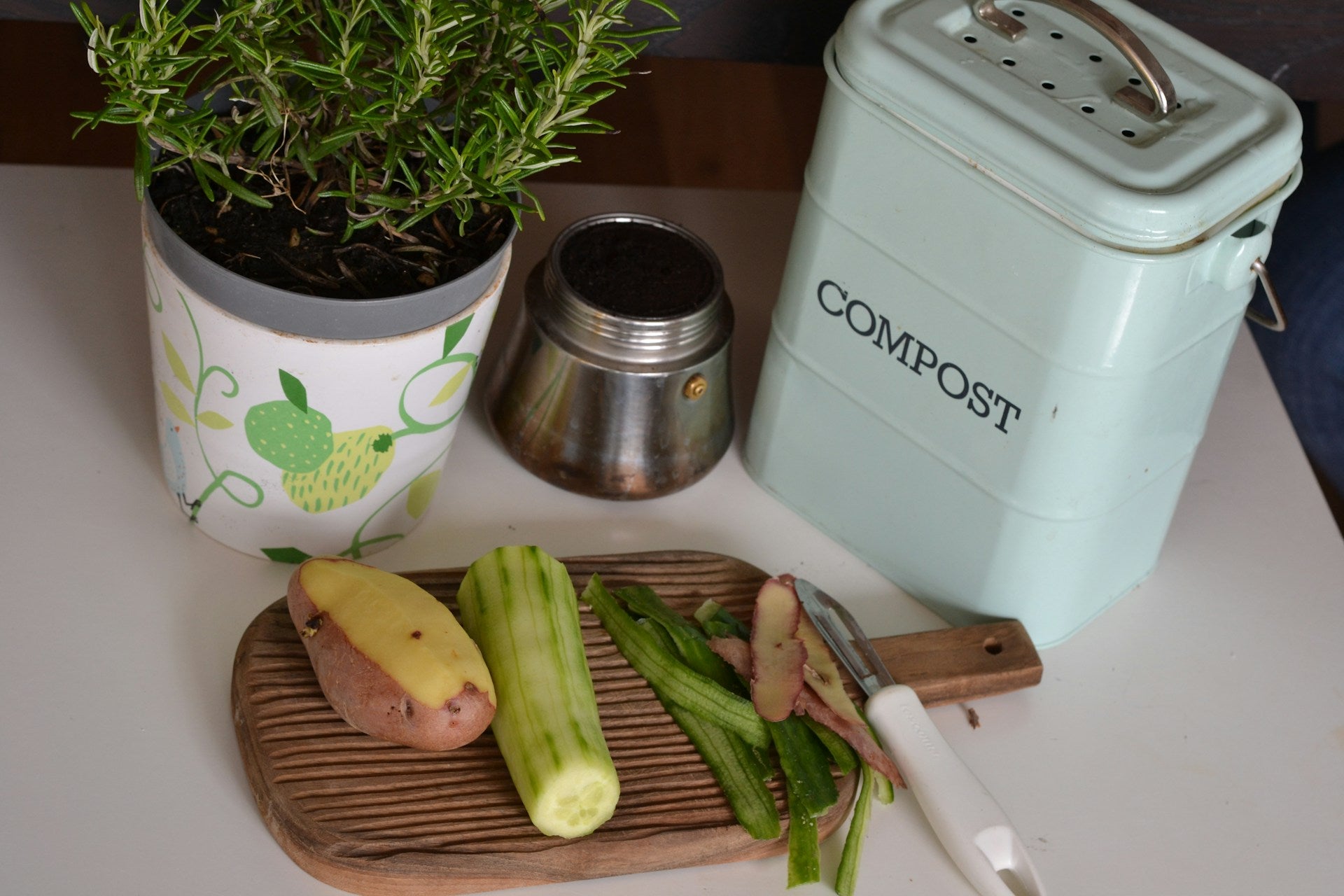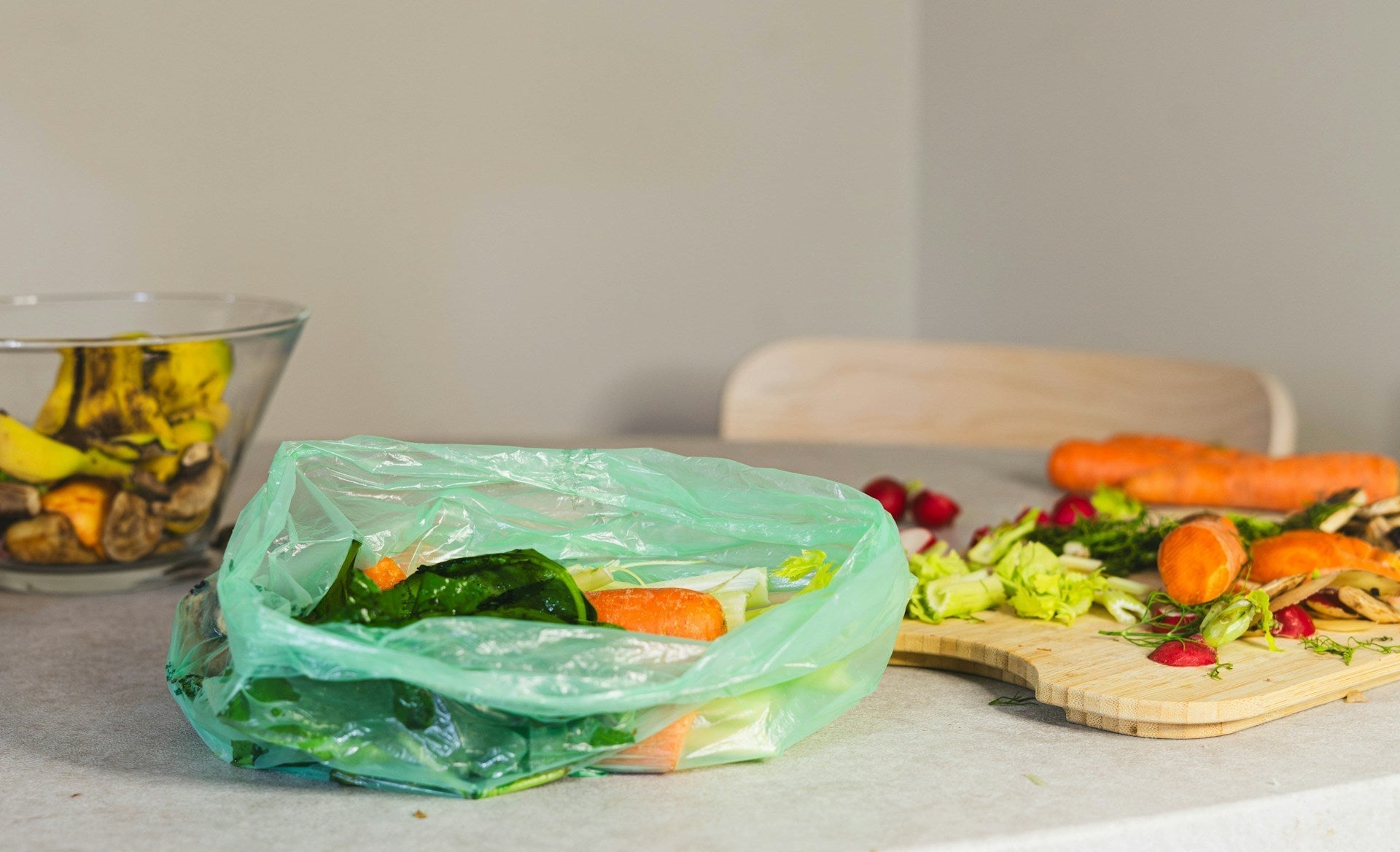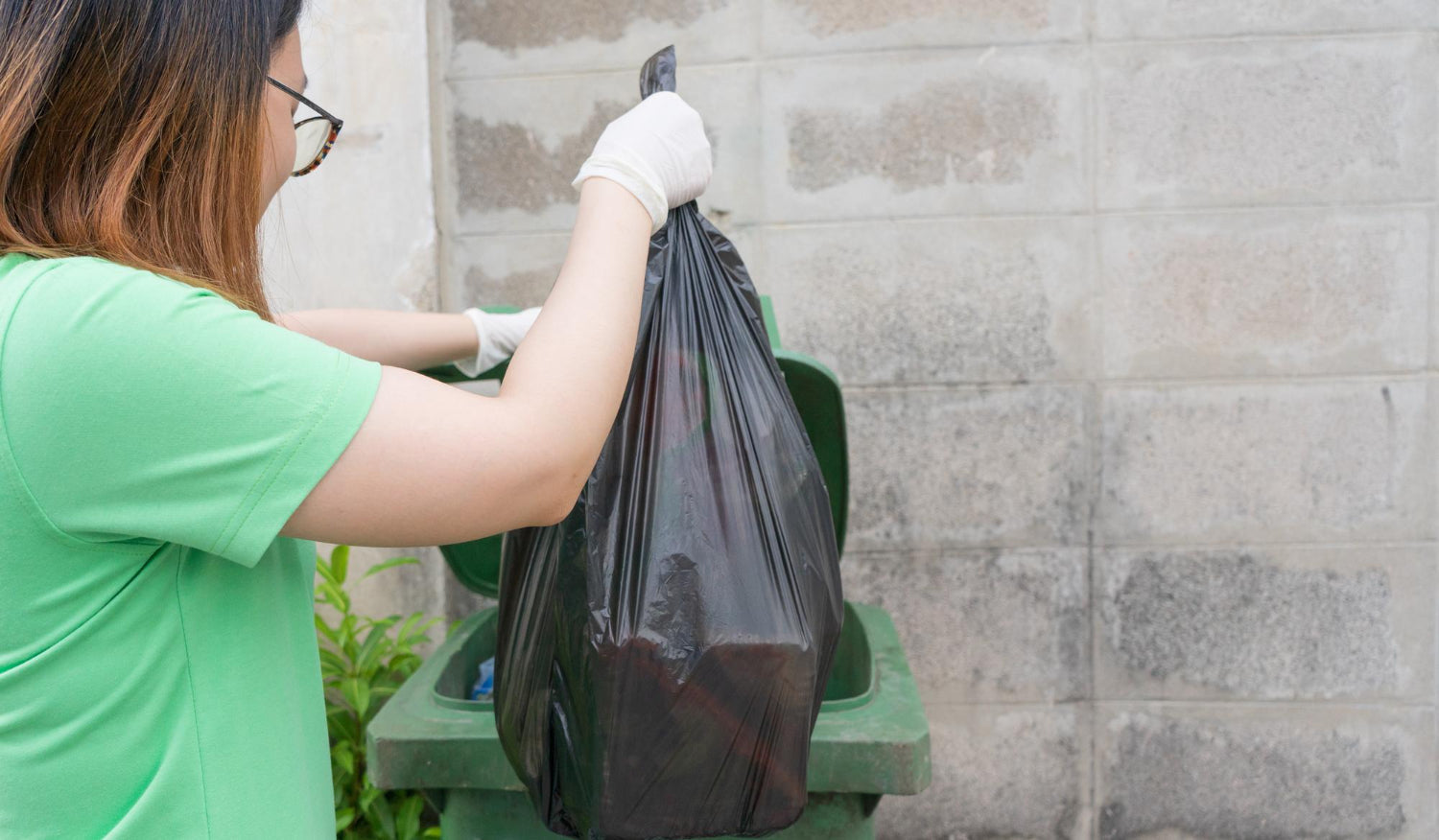Composting is a remarkable process, transforming everyday kitchen waste into rich, fertile soil that can enhance the health of your garden while reducing household waste and its impact on the environment. This eco-friendly practice not only recycles organic matter but also helps to reduce greenhouse gas emissions and dependence on chemical fertilizers, promoting a more sustainable and self-sufficient way of living.
In this guide, "Everything You Need to Know About Composting," you'll gain essential insights into starting and maintaining a successful composting system at home. We will cover the basics of composting, the different methods you can apply, and practical tips to maximize the efficiency of your composting efforts, integrating Plastno's environmentally safe, compostable bags to support your journey toward sustainability. Whether you're a seasoned gardener or just starting on your green journey, this guide will equip you with the knowledge you need to begin composting effectively and contribute positively to our planet.
Why Compost: The Environmental and Gardening Benefits
Composting is more than just a way to reduce waste. It offers a bounty of benefits both for the environment and your garden. By composting organic materials, you help reduce the amount of waste sent to landfills where they take up space and release methane, a potent greenhouse gas. Moreover, composting turns kitchen scraps and yard waste into valuable organic matter that enriches the soil, improving soil health, and decreasing the need for chemical fertilizers.
The Basics of Composting
Understanding the fundamental process of composting is crucial. At its core, composting is the aerobic decomposition of organic materials by microorganisms. These microbes require carbon, which is abundant in materials like dried leaves and branches, and nitrogen, found in kitchen scraps and grass clippings, to thrive. The key to effective composting is maintaining a balanced mix of these carbon-rich and nitrogen-rich materials. Generally, a ratio of about 30:1 (carbon to nitrogen) is ideal for a hot, fast-completing composting process.
Setting Up Your Compost Bin
Choosing the right setup is essential for successful composting. You can either build your own compost bin or purchase a commercially available composter, depending on your needs and available space.
- Location: Place your compost bin in a convenient yet discreet part of your yard. Ensure it is on a level, well-drained area that allows excess water to drain away but is also accessible for adding materials and harvesting compost.
- Size: Typically, a compost bin should be at least 3 feet wide and tall to provide sufficient mass for the materials to heat up and decompose efficiently.
- Type: There are several types of compost bins to consider:
- Open Bins: Consist of a simple fence-like enclosure that provides plenty of air circulation.
- Closed Bins: Offers more control over moisture and temperature and protection from pests.
- Tumblers: Speed up the composting process by making it easy to turn the compost regularly.
Composting Methods to Consider
Different composting methods suit different lifestyles and garden needs. Here are three popular techniques:
- Hot Composting: This method, also known as active composting, requires balancing carbon and nitrogen-rich materials in a compost bin, maintaining moisture, and regular turning. It's fast, efficient, and can produce compost in several months.
- Cold Composting: For those less inclined to maintain and turn a compost pile regularly, cold composting is an easier, albeit slower, option. Simply pile up your kitchen and garden waste and let nature take its course over a year or more.
- Vermicomposting: Using worms to compost your kitchen scraps can be an effective indoor option. Red wigglers are the most common worms used, and they can transform your organic waste into nutrient-rich castings.
Tips for Maintaining Your Compost
Effective maintenance can speed up the composting process and prevent common problems like odors or pests:
- Balance Your Greens and Browns: Too much nitrogen can cause a stinky pile, while too much carbon slows down the process. Keeping your greens (nitrogen-rich materials) and browns (carbon-rich materials) balanced is key.
- Turn Your Pile Regularly: This introduces oxygen, which is critical for composting. Oxygen helps aerobic bacteria thrive and decompose the material faster.
- Maintain Moisture: Your compost pile should be as moist as a wrung-out sponge. If it's too dry, microbial activity slows down. Too wet, and it can become smelly.
- Chop Larger Pieces: Larger pieces of organic material can be slow to decompose. Chopping or shredding them can significantly speed up the process.
Using Compostable Bags
To streamline your kitchen waste collection for composting, consider using compostable bags like those from Plastno. These bags are designed to break down in compost environments and can be tossed directly into your compost bin along with their contents. This not only simplifies the process of collecting kitchen scraps but also keeps your compost bin cleaner and easier to manage.
Composting is a rewarding practice that contributes positively to the environment while enhancing the quality of your soil. By following these guidelines and using eco-friendly products like compostable bags, you can create an effective and sustainable compost system in your own backyard. Whether you're an avid gardener or a newcomer to eco-friendly practices, composting is a simple step towards a more sustainable lifestyle.
Embrace Sustainable Practices with Effective Composting
As you delve into the world of composting, remember that this simple yet impactful practice not only revitalizes your garden but also plays a crucial role in our collective responsibility towards a more sustainable future. By incorporating composting into your daily routine, you reduce landfill waste, cut down on greenhouse gas emissions, and naturally enrich your soil, fostering a healthier ecosystem right in your backyard.
To enhance your composting efforts, consider integrating Plastno’s best compostable trash bags into your routine. These environmentally friendly bags are designed to break down within compost systems, simplifying waste management while supporting your green initiatives at home. Start your journey to a more sustainable lifestyle today by visiting Plastno and exploring their range of compostable products. Together, we can make a significant impact on our planet, one compost pile at a time.






Share:
The Ultimate Cleaning Supplies List: Here's What to Have on Hand
What Are Easy Ways to Compost at Home?